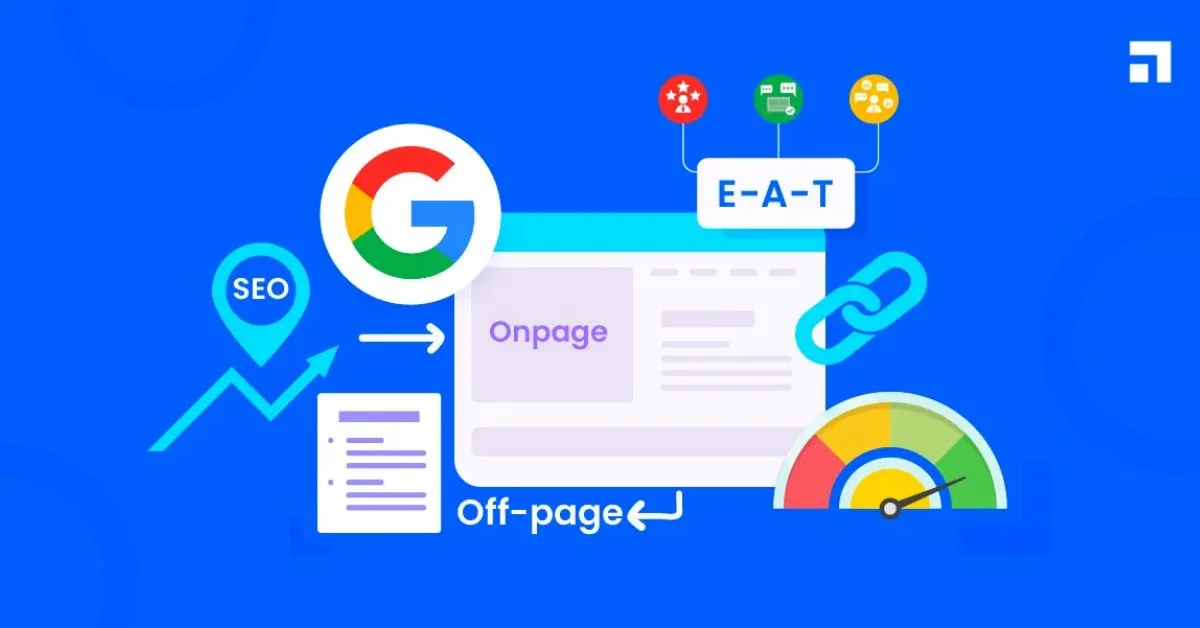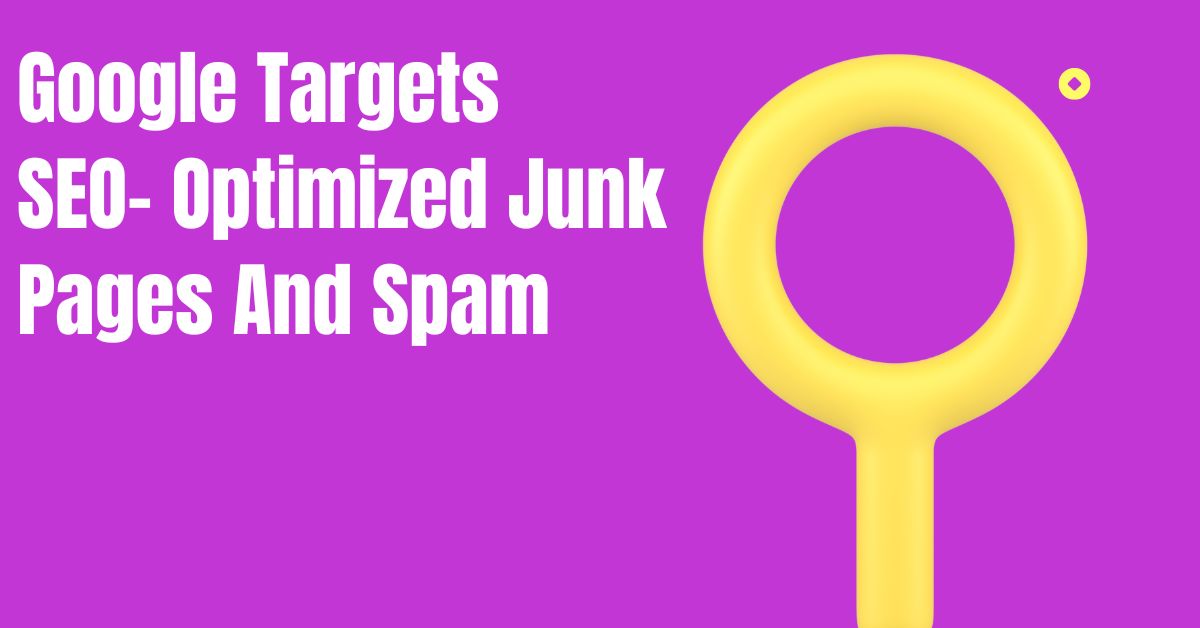In an ever-evolving digital landscape, the race to the top of Google’s search engine results pages (SERPs) has led to an inundation of SEO-optimized junk pages—content created solely for the purpose of ranking high without providing any real value to the searcher.
Recognizing the detrimental impact of such content on the quality of search results, Google has unveiled a comprehensive update to its search algorithms aimed at combating these SEO-optimized junk pages and reducing spam across the web. This significant move underscores Google’s commitment to enhancing the user experience by ensuring that high-quality, relevant, and trustworthy content gets the visibility it deserves.
The Crux of the Problem
The proliferation of SEO-optimized junk pages has become a significant challenge for search engines and users alike. These pages often contain thin, duplicated, or irrelevant content, stuffed with keywords in an attempt to game the system and achieve higher rankings. Not only do they clutter search results, but they also hinder users from finding genuinely useful information.
As a response, Google’s new search update is designed to refine its algorithms and penalize these low-quality pages, thereby improving the overall integrity of search results.

How the Update Works
Google’s latest update incorporates advanced machine learning and artificial intelligence technologies to better identify and demote SEO-optimized junk pages. Here’s a closer look at the mechanisms of this update:
Enhanced Content Evaluation
The update introduces more sophisticated methods for assessing the quality and relevance of web content. By analyzing factors such as content originality, depth, and usefulness, Google aims to distinguish between high-value content and pages created merely for ranking purposes.
Improved Spam Detection
Google’s enhanced spam detection algorithms are at the heart of this update. These algorithms are designed to identify and filter out content that employs manipulative SEO tactics, such as keyword stuffing, cloaking, and unnatural linking patterns.
User Experience Signals
Google is also placing a greater emphasis on user experience signals, such as page load speed, mobile-friendliness, and interactivity, as part of its ranking criteria. This shift reinforces the importance of not only producing quality content but also ensuring that it is accessible and enjoyable for users to engage with.
Penalizing Low-Quality Pages
Websites that host a significant amount of SEO-optimized junk content are at risk of being penalized under the new update. Penalties may include lower rankings, removal from search results, or manual actions against the site, depending on the severity of the offense.
Implications for Website Owners and Content Creators
This update heralds a new era of SEO, where the focus shifts from optimizing solely for search engines to prioritizing the user’s needs and content quality. Website owners and content creators are encouraged to:
- Audit Their Content: Evaluate existing content for quality, relevance, and adherence to Google’s Webmaster Guidelines. Low-quality pages should be improved or removed.
- Prioritize User Experience: Optimize websites for speed, mobile usability, and user engagement. A positive user experience is now more crucial than ever for ranking well in search results.
- Focus on Original, Valuable Content: Invest in creating content that addresses the needs and interests of your target audience. Original research, in-depth articles, and helpful guides are examples of content that can add real value.
Looking Ahead: Navigating the New SEO Landscape
Google’s crackdown on SEO-optimized junk pages and spam is a clear message to website owners and content creators: the key to success in search rankings lies in providing genuine value to users. This update is not only about penalizing low-quality content but also about rewarding those who invest in creating meaningful and user-focused content.
As we navigate this new SEO landscape, it’s essential to adapt our strategies to align with Google’s vision for a more informative, trustworthy, and user-friendly web. By focusing on quality content creation, optimizing for user experience, and adhering to ethical SEO practices, we can thrive in the face of these changes and contribute to a better internet for all.

Conclusion
In conclusion, Google’s latest search update marks a significant milestone in the ongoing effort to enhance the quality of online content. As the digital world continues to evolve, staying informed about these updates and adapting our strategies accordingly will be crucial for achieving long-term success in the competitive realm of search engine rankings.










